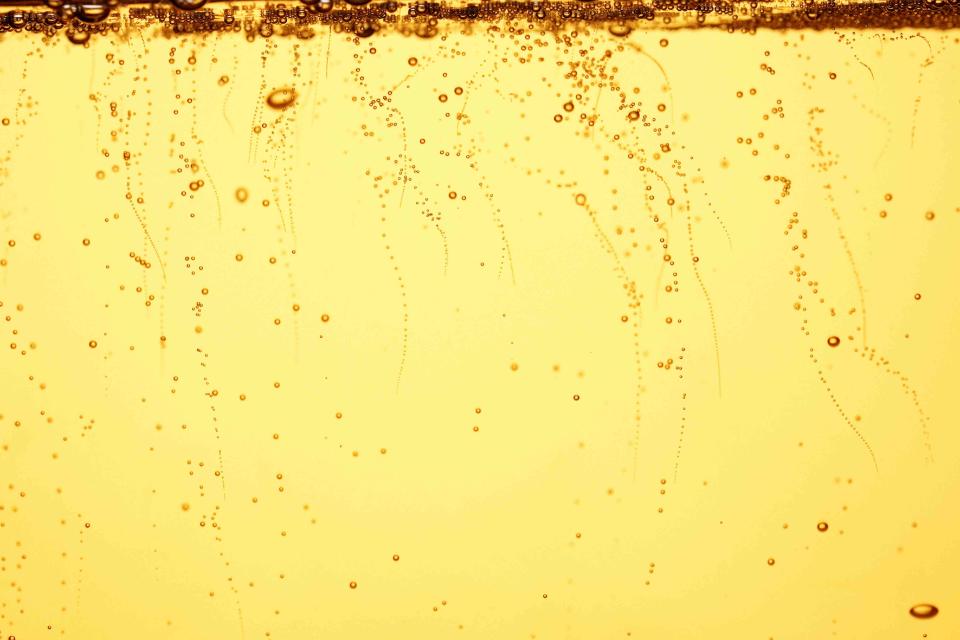French Authorities Dumped 35,000 Bottles of Soda for Daring to Call Itself 'Champagne'
Did it come from the Champagne Valley? No? Then it's just sparkling soda.

Joff Lee / Getty Images
If there’s one thing the French take super seriously, it’s Champagne. Don’t even consider calling anything Champagne unless it originates in the actual, literal Champagne Valley. Just look at the incident in Belgium involving the destruction of 2,352 cans of Miller High Life for calling itself the “Champagne of Beers,” and now to the French agents who destroyed thousands of bottles of a purported “Champagne" soda.
According to the BBC, French border police dumped nearly 35,000 bottles of a soda drink originating from Haiti with the label that read “Couronne Fruit Champagne.”
The officials, located at the northern port, actually seized the the items — which were allegedly intended for distribution in France — in October 2021. However, the BBC reported, a French court ruled in late 2022 that the bottles should be slated for destruction as they violate the Appellation d’Origine Contrôlée (AOC) designation.
Related: Champagne, Explained: A Snobbery-Free Guide to the Best of Bubbly
The Comité Champagne, a French trade organization that represents wine producers, leads advocacy efforts for AOC protection, which “stands for a product for which the principal steps for production are done following a well-established technique within the same geographical area, which gives the product its characteristics.” In other words, if it says it’s Champagne, it had better be from Champagne.
“This kind of use contributes to weakening the reputation of the appellation,” Charles Goemaere, the Comité Champagne managing director, said in a statement, according to the BBC. “The fight against the abuse of the Champagne name started in 1844 and hasn’t stopped since.”
As the BBC noted, France isn’t the only European nation to take its national products seriously, as there are more than 120 countries that follow the ruling. That includes Greece, which protects Greek Feta, and Italy, which is serious about its Parmesan designation. So, maybe think twice about your branding should you be considering creating a product that’s closely associated with any of those 3,500 geographical indications across the continent.
For more Food & Wine news, make sure to sign up for our newsletter!
Read the original article on Food & Wine.

